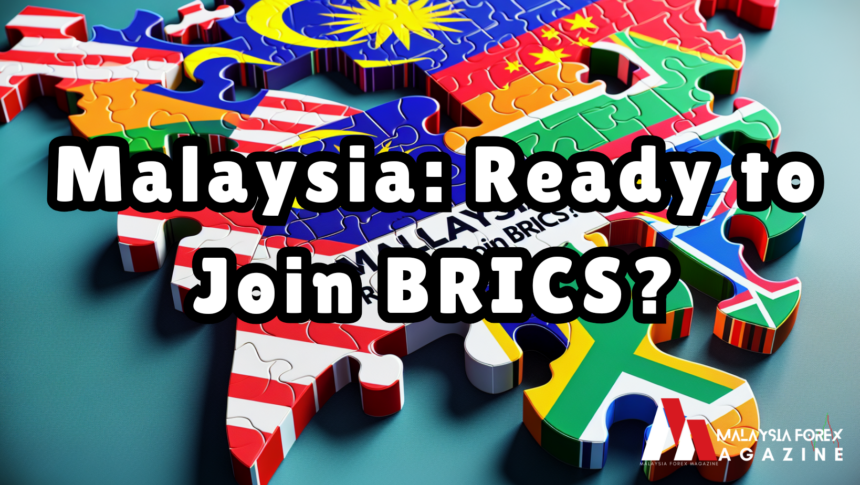Malaysia, as one of the fastest growing countries in Southeast Asia, has shown increasing interest in joining BRICS, an economic group consisting of Brazil, Russia, India, China, and South Africa. Membership in BRICS brings various potential economic and strategic benefits for Malaysia. This article will discuss the background of BRICS, the reasons why Malaysia is interested in joining this group, and the potential benefits and challenges it may face.
What is BRICS?
BRICS is an acronym for five member countries: Brazil, Russia, India, China, and South Africa. This group was formed with the aim of strengthening economic, political, and cultural cooperation between countries with fast growing economies. BRICS serves as a platform to increase the influence of member countries at the global level, especially in economic and development issues.
Why is Malaysia Interested in Joining BRICS?
- Strengthening Economic Relations: Membership in BRICS will open opportunities for Malaysia to strengthen economic relations with other member countries. This includes increased trade, foreign direct investment (FDI), and cooperation in strategic sectors such as technology, infrastructure, and energy.
- Market Diversification: By joining BRICS, Malaysia can reduce its economic dependence on traditional markets such as the United States and Europe. The vast BRICS market offers great opportunities for the export of Malaysian products and services.
- Access to Capital and Technology: BRICS has financial mechanisms such as the New Development Bank (NDB) which can provide loans for development projects in member countries. Malaysia can tap into these resources to finance large infrastructure projects and increase access to advanced technology.
- Geopolitical Influence: Membership in BRICS will increase Malaysia’s geopolitical profile on the world stage. This can give Malaysia a platform to voice its views and play a greater role in international issues.
Potential Benefits for Malaysia
- Increased Trade and Investment: Membership in BRICS can open the door to more trade and investment opportunities between Malaysia and BRICS member countries, driving the country’s economic growth.
- Cooperation in Infrastructure Development: Through access to funds from the NDB and cooperation with other member countries, Malaysia can accelerate infrastructure development, which is key to long-term economic growth.
- Technology and Innovation Transfer: Cooperation with developed countries in BRICS such as China and India can lead to the transfer of technology and innovation, helping Malaysia to develop high-tech industries and increase its global competitiveness.
Possible Challenges
- Economic Competition: Malaysia needs to be prepared to face competition from other BRICS member countries in attracting investment and expanding export markets.
- Policy Compatibility: Coordinating economic and political policies with other BRICS member countries may be challenging, given the differences in political systems and levels of economic development.
- Global Economic Stability: Uncertainties in the global economy, such as changes in commodity prices and trade tensions, can impact the benefits that Malaysia can get from BRICS membership.
Conclusion
Malaysia has shown its willingness to join BRICS as a strategic step to strengthen its economic position at the global level. This membership has the potential to bring various benefits including increased trade, investment, and cooperation in infrastructure and technology development. However, Malaysia needs to be prepared to face the challenges that may arise and ensure that the policies taken are in line with the country’s long-term development goals. With the right approach, Malaysia can take advantage of this opportunity to strengthen its economy and influence on the world stage.











